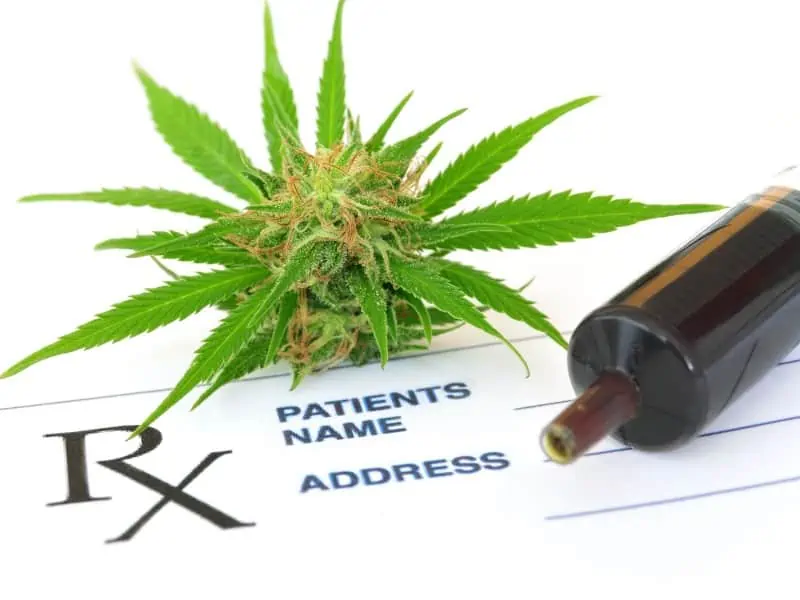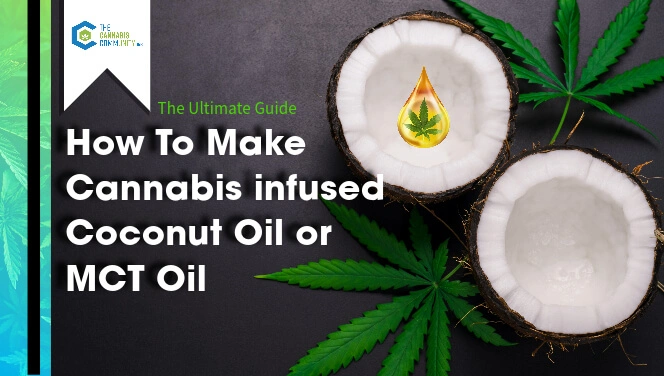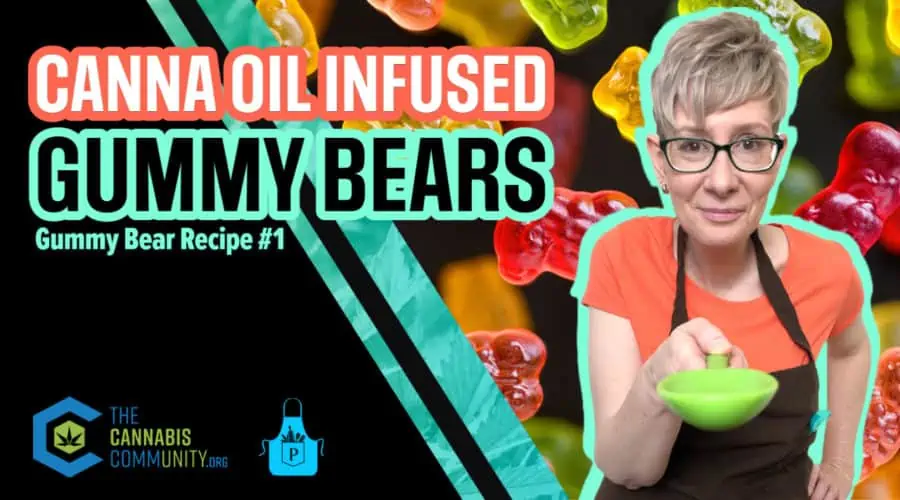Does Health Insurance Cover Medical Cannabis in the U.S.?
It’s easy to think that if you reside in a state where medical cannabis is allowed, your health insurance will cover it just like any other prescription given by your doctor.
Unfortunately, this is not the case. Medicinal marijuana is not covered by health insurance, even in jurisdictions where it is legal.
Table of Contents
In the United States, health insurance will not cover anything that is technically illegal.
Most health insurance policies have an illegal act exclusion, which specifies that health conditions arising from or related to your voluntary participation in illegal conduct are not covered.
Despite the fact that medicinal cannabis is most likely legal in your state, the federal government still classifies it as a Schedule I controlled substance under the Controlled Substances Act.
According to the Drug Enforcement Administration (DEA), Schedule I medications have “no currently recognized medical purpose”, and it is still unlawful to use marijuana under federal law.
Every health plan includes a prescription formulary, which is a list of pharmaceuticals that the plan covers for its members.
Before medical cannabis could be covered, your health plan’s pharmacy and therapeutics committee would have to add it to its drug formulary.
The Food and Drug Administration (FDA) must approve prescriptions before they may be included in a formulary. Medical cannabis is unlikely to be approved by the FDA anytime soon.
A lack of research is one of the most significant barriers to FDA clearance. Marijuana is difficult to study because it is banned on a federal level.
The FDA will not approve it until it has been subjected to safety and efficacy testing.
Many medications, including herbal cures, vitamins, pain relievers, and cold medicine, aren’t covered by insurance.
Health insurers may decide that dealing with all of the many strains and delivery techniques involved in medical cannabis is too complicated to include in their formulary, and so they refuse to cover it.

Does Medicare Cover Medical Cannabis?
Medicare is a federal program that provides health insurance for people aged 65 and older, young people with disabilities and people with kidney disease.
Because of its federal legal position, Medicare, cannot cover medical cannabis.
Even though cannabis is already authorized for medical use in 75 percent of states, Medicare must follow federal law as a public agency.
Medicare does not fund medical cannabis for a variety of reasons. First, marijuana is still classified as a Schedule I substance by the US Drug Enforcement Administration (DEA).
According to the DEA, more scientific research is needed to verify marijuana’s medical benefits before the classification may be changed.
Furthermore, marijuana has not been licensed by the Food and Drug Administration (FDA) for medical use.
This organization also claims that further research is needed to confirm marijuana’s safety and efficacy.
Without federal permission, medical cannabis is unlikely to be covered by any health insurance plan, including Medicare.
CBD
Another component found in medical cannabis is CBD. CBD is frequently offered on its own because it does not produce the same high as THC.
Some people believe marijuana can treat pain and other health problems on its own.
CBD is available in many places, including grocery stores and pharmacies. CBD products, as well as THC products, may be available in dispensaries.
CBD is used for a variety of health issues, similar to medical cannabis. Among them are:
- Pain
- Inflammation
- Multiple sclerosis is a disease that affects people
- Epilepsy
- Crohn’s disease is a chronic inflammatory bowel illness
CBD is also not covered by insurance. Although it’s legal and doesn’t have the same psychoactive side effects as THC, it’s classified as a supplement, so it’s not covered by health insurance.
Synthetic THC Medications With FDA Approval
The FDA has approved the following drugs and contain a synthetic form of THC, one of the chemicals present in medicinal marijuana. These drugs may be covered by insurance:
- Marinol is a medication that is used to treat nausea and vomiting associated with chemotherapy, as well as loss of appetite and weight loss in HIV patients.
- Cesamet, like Marinol, is used to treat severe nausea and vomiting caused by chemotherapy.
- Syndros is also used to alleviate nausea and vomiting caused by chemotherapy and loss of appetite in AIDS patients.
Epidiolex was also authorized by the FDA in 2018. Epidiolex is a cannabidiol (CBD) oral solution that is intended to treat seizures caused by two uncommon epilepsy types, Lennox-Gastaut syndrome and Dravet syndrome.
Epidiolex is only covered by Medicare if you’re enrolled in Medicare Part D or Medicare Advantage plan. However, a doctor’s recommendation that you try over-the-counter CBD oil is not enough to get Medicare to cover any other CBD-containing product.
How Much Does Medical Cannabis Cost?
Medical cannabis costs anywhere from $5 to $20 per gram of cannabis, but there’s no way of knowing what you’ll pay in a dispensary. Each company determines its own pricing parameters, which might change dramatically based on the economy and inflation.
According to the Oxford Treatment Center in 2022, one ounce of medium-quality cannabis costs $266 in the United States, while high-quality cannabis costs $326.
Other factors that influence the cost of medical cannabis include how you buy it (by the ounce, in edible or topical form, etc.), where you reside, and even which strain you choose.
How Can You Get Medical Cannabis at a Discount?
Some cannabis shops may offer consumers discounts on a regular basis, ranging from a standard 20% off all items to more customized discounts or unique offers for specific people.
Some dispensaries, for example, may provide discounts to veterans or senior citizens, although these benefits vary widely.
The easiest approach to finding cheap medical cannabis is to go to your local dispensary and ask about the specials they have.

Visit the Cannabis Community merchandise shop!
Show your love for the plant and help support the free educational content our team works hard to produce!
All designs are created by our team.
Get Your Medical Cannabis Card in Minutes
Enjoyed This Content? Read More:
-
How to Make Cannabis-Infused Coconut Oil or MCT Oil: Crockpot Recipes
In this guide, you’ll learn how to make cannabis-infused coconut oil or MCT oil, decarboxylate cannabis, or choose to infuse cannabis into any oil of your choice.
-
How to Make THC Gummy Bears with Canna Oil
This is a great no-fail recipe for beginners. The corn syrup in this recipe will help your gummy bears have that nice and chewy texture we’ve all come to love.
-
Zkittlez: How This Flavor-Packed Strain Has Revolutionized Cannabis Connoisseurship
Zkittles is a popular cannabis strain for homegrow. Here’s what you need to know to get started with these seeds.
-
GMO Cookies: A Strain Review of Its Potent Aroma and Powerful Effects
GMO Cookies is a popular cannabis strain for homegrow. Here’s what you need to know to get started with these seeds.
-
Cherry Pie Cannabis Strain: A Sweet Treat with Potent Effects
Cherry Pie is a popular cannabis strain for homegrow. Here’s what you need to know to get started with these seeds.







